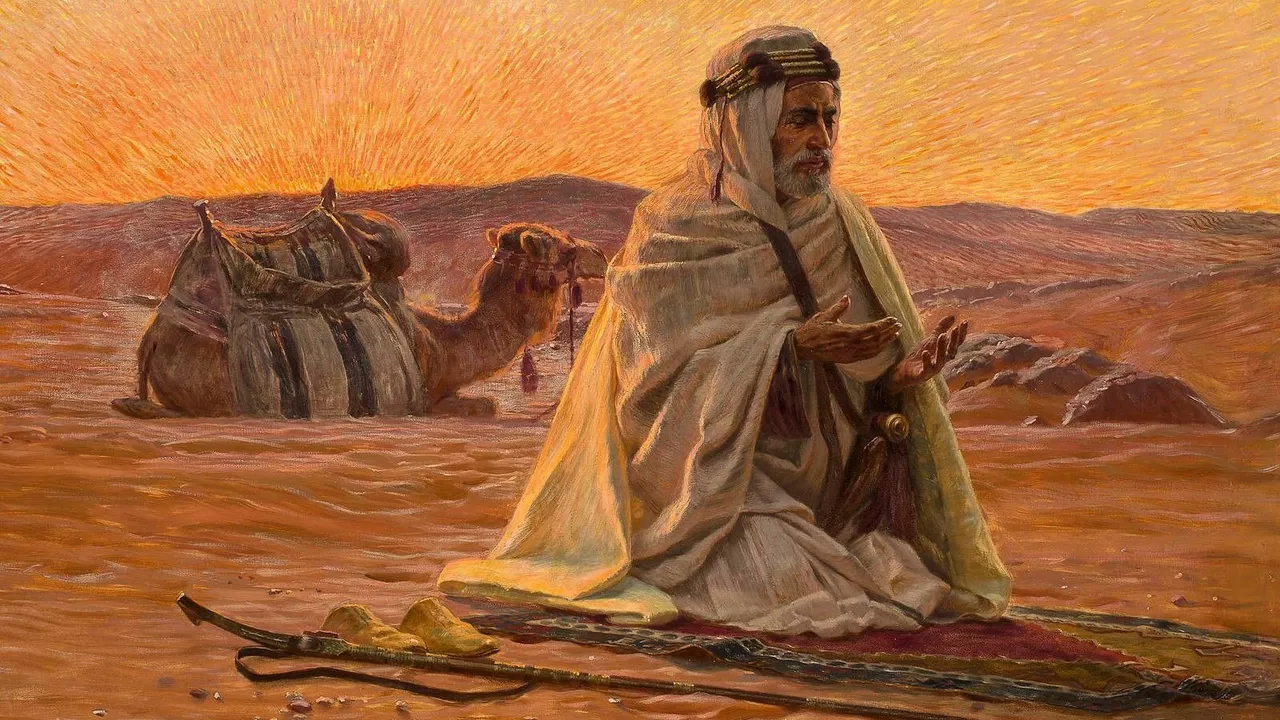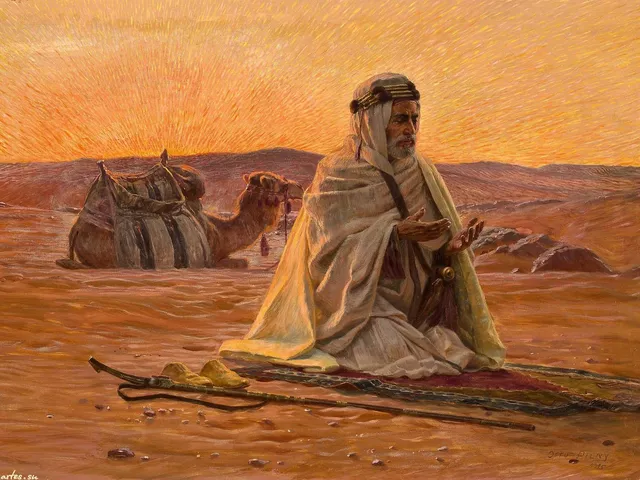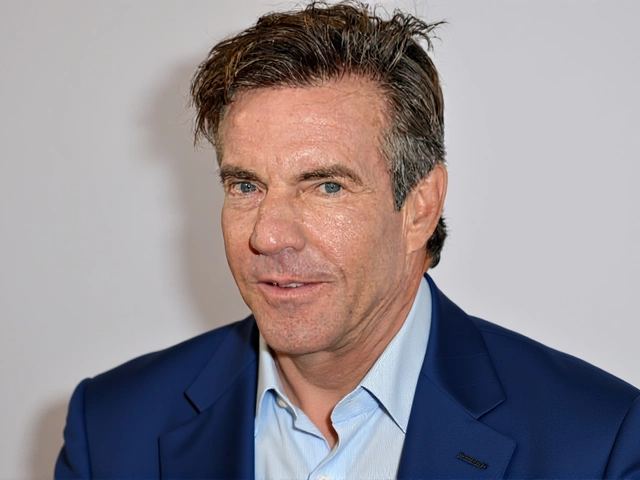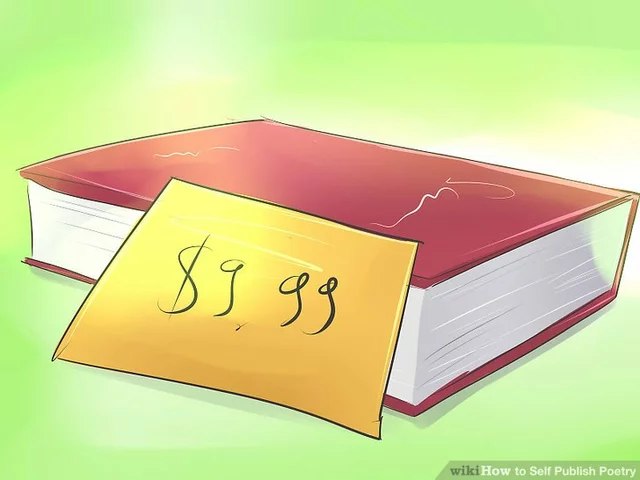The Golden Age of Arabic Poetry
The Golden Age of Arabic poetry, typically considered to be the 7th to 9th centuries, was a period of profound cultural and intellectual flourishing in the Arab world. This period saw the birth and growth of a vibrant literary tradition, with poetry playing a central role. Among the most famous poets of this era were Imru' al-Qays, Al-Mutanabbi, and Abu Nuwas.
Imru' al-Qays, often referred to as a wandering king, was a pre-Islamic poet whose works are considered a cornerstone of Arabic literature. His poems, marked by their rich imagery and evocative language, are still recited and studied today.
Al-Mutanabbi, considered one of the greatest Arab poets, was known for his eloquent and powerful verse. His poetry, filled with sharp wit and biting satire, offers a unique window into the political and social realities of his time.
Abu Nuwas, a poet of the Abbasid court, was famous for his hedonistic themes and lyrical style. His poetry, often controversial, reflects the vibrant and cosmopolitan society of Baghdad during its golden age.
Modern Masters of Arabic Poetry
The modern era has seen the emergence of a new generation of Arabic poets who have made significant contributions to the world of literature. Among the most notable are Mahmoud Darwish, Adonis, and Nizar Qabbani.
Mahmoud Darwish, widely regarded as the Palestinian national poet, used his poetry to explore themes of identity, exile, and resistance. His powerful and emotive verse has resonated with readers around the world, earning him a place among the great poets of our time.
Adonis, a Syrian-Lebanese poet, is considered one of the most influential figures in modern Arabic literature. Known for his innovative use of language and form, he has played a significant role in reshaping Arabic poetry in the 20th century.
Nizar Qabbani, a Syrian diplomat and poet, was one of the most popular Arabic poets of the 20th century. His romantic and sensual poetry, often dealing with themes of love and feminism, has had a profound impact on the Arab world and beyond.
Women's Voices in Arabic Poetry
The history of Arabic poetry is also rich with the voices of women. From the pre-Islamic era to the present, women poets have used their verse to express their unique perspectives and experiences. Among the most celebrated are Al-Khansa, Nazik Al-Malaika, and Fadwa Tuqan.
Al-Khansa, a 7th-century poet, is one of the most famous female poets in Arabic literature. Known for her elegies, she used her poetry to express her deep grief over the loss of her brothers in battle.
Nazik Al-Malaika, a pioneering figure in modern Arabic poetry, was known for her innovative use of free verse. Her poetry, which often explored themes of love, loss, and longing, has had a lasting impact on Arabic literature.
Fadwa Tuqan, often referred to as the 'poet of Palestine', used her poetry to explore themes of resistance and struggle. Her verse, marked by its powerful imagery and emotional depth, has earned her a place among the most important Arab poets of the 20th century.
The Influence of Arabic Poetry on World Literature
Arabic poetry has had a significant influence on world literature, shaping the poetic traditions of many cultures and languages. From the Spanish literature of Al-Andalus to the Persian ghazal, the impact of Arabic poetry can be seen in many different literary traditions.
The influence of Arabic poetry is particularly evident in the literature of Al-Andalus, the Muslim-ruled region of Spain from the 8th to the 15th centuries. The poetry of this period, marked by its intricate rhyme schemes and intricate metaphors, was heavily influenced by the Arabic poetic tradition.
The Persian ghazal, a form of poetry that originated in the Arab world, is another example of the influence of Arabic poetry. The ghazal, which typically explores themes of love and loss, has been adopted and adapted by poets in many different languages, including Persian, Urdu, and Hindi.
Arabic Poetry in Translation
Despite the richness and diversity of Arabic poetry, it remains largely underrepresented in the world of English literature. However, in recent years, there has been a growing interest in translating Arabic poetry into English, bringing these works to a wider audience.
Among the most notable of these translations are those of the Palestinian poet Mahmoud Darwish. His works, translated by several renowned poets and scholars, have introduced English-speaking audiences to the power and beauty of his verse.
Similarly, the works of the Syrian poet Adonis have been widely translated, earning him international recognition and several prestigious literary awards. His innovative and challenging poetry, translated into more than 20 languages, has had a significant impact on the global literary scene.
The Future of Arabic Poetry
As we look to the future, it is clear that Arabic poetry will continue to evolve and flourish. With the advent of social media and other digital platforms, a new generation of Arabic poets is emerging, using these tools to share their work and engage with a global audience.
These young poets, influenced by both the classical tradition and contemporary trends, are creating a vibrant and dynamic poetic landscape. Their work, marked by its diversity and creativity, promises to bring new life to the rich tradition of Arabic poetry.
As they continue to write and share their poetry, these young poets are not only contributing to the ongoing evolution of Arabic literature, but also ensuring that the poetic tradition remains a vital and relevant part of the cultural landscape in the Arab world and beyond.







